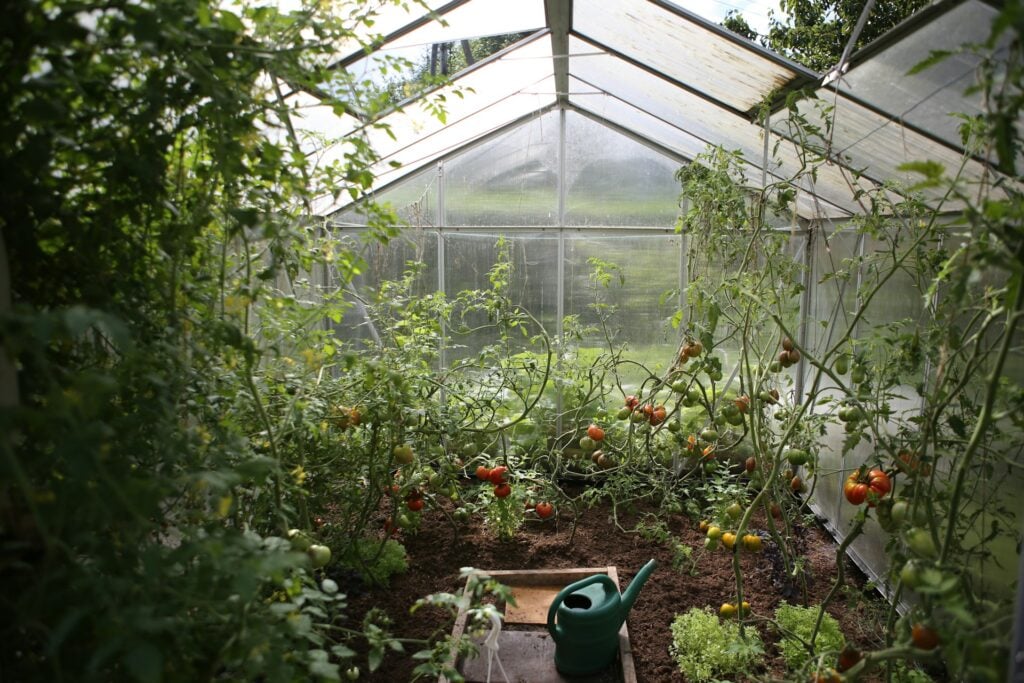
Embracing the healing power of Nature
I have recently completed a 1.5-year-long eco-therapy group project, and today I would like to share some of the benefits of eco-therapy. As we navigate the complexities of modern life, it is becoming increasingly clear that our well-being is deeply intertwined with the natural world, from which many of us are increasingly disconnected. Eco-therapy, a practice that uses the therapeutic potential of Nature, offers a powerful tool for healing and growth. By embracing our intrinsic connection to the earth, eco-therapy provides a holistic approach to mental health that benefits not only individuals but also fosters a more profound sense of community and environmental stewardship.
The foundations of eco-therapy
Eco-therapy is rooted in the understanding that humans are not separate from Nature; rather, we are an integral part of the natural world. This perspective challenges some of the traditional therapeutic models by recognising that our relationship with the environment influences our mental health. By reconnecting with Nature, individuals can experience a sense of balance and calm, which is often elusive in urban settings, busy lives, or the experience of social isolation.
If you want to learn more about the concept of Nature Connectedness, which underpins all the eco-therapy work, you can take this free online course with the University of Derby on the topic. I also recommend “Reconnection“, the book by Miles Richardson.
Benefits of eco-therapy
- Mental health and well-being: Eco-therapy has been shown to reduce symptoms of depression and anxiety, improve mood, and enhance cognitive function. Activities such as forest bathing and gardening have proven particularly effective in promoting mental health recovery.
- Stress reduction: Exposure to green spaces can lower cortisol levels, reducing stress and increasing feelings of relaxation. This makes eco-therapy an excellent complement to traditional stress management techniques.
- Social connection and community: Eco-therapy often involves group activities, which can help combat loneliness and foster a sense of community. Participants engage in shared experiences that promote social bonding and mutual support.
- Holistic healing: Eco-therapy addresses mental, emotional, physical, and spiritual health by integrating mindfulness practices and nature-based activities. This holistic approach encourages a deeper understanding of oneself and one’s place within the natural world.
- Environmental awareness and sustainability: By emphasising our interconnectedness with nature, eco-therapy encourages sustainable practices and environmental stewardship. This not only benefits personal well-being but also contributes to a healthier planet.
Practicing eco-therapy
Eco-therapy can be practised in various settings, from local parks to wilderness areas, and can be tailored to individual needs. Activities may include:
- Nature walks: Guided or solo walks in green spaces to enhance mindfulness and connection with nature, for example, dog walks.
- Gardening: Engaging in individual or group horticultural activities to promote a sense of purpose and well-being.
- Wilderness retreats: Immersive experiences in natural environments to foster deeper connections with oneself and nature.
Eco-therapy offers a transformative approach to mental health by leveraging the healing potential of Nature. As we continue to navigate the challenges of modern life, embracing eco-therapy can provide a powerful path to personal growth, community building, and environmental sustainability. By recognising our intrinsic connection to the earth, we can cultivate a more holistic understanding of well-being and our place within the natural world.
Photo by www.zanda. photography on Unsplash
This post is part of an AI experiment. It was partially generated with Perplexity.ai Pro (Sonar model) and edited by me.
Why? We regularly test new technologies to enhance our own digital literacy and investigate their impact on our wellbeing.
Rest assured that our content is usually human-generated only, unless a similar disclosure is featured under the post for full transparency.

